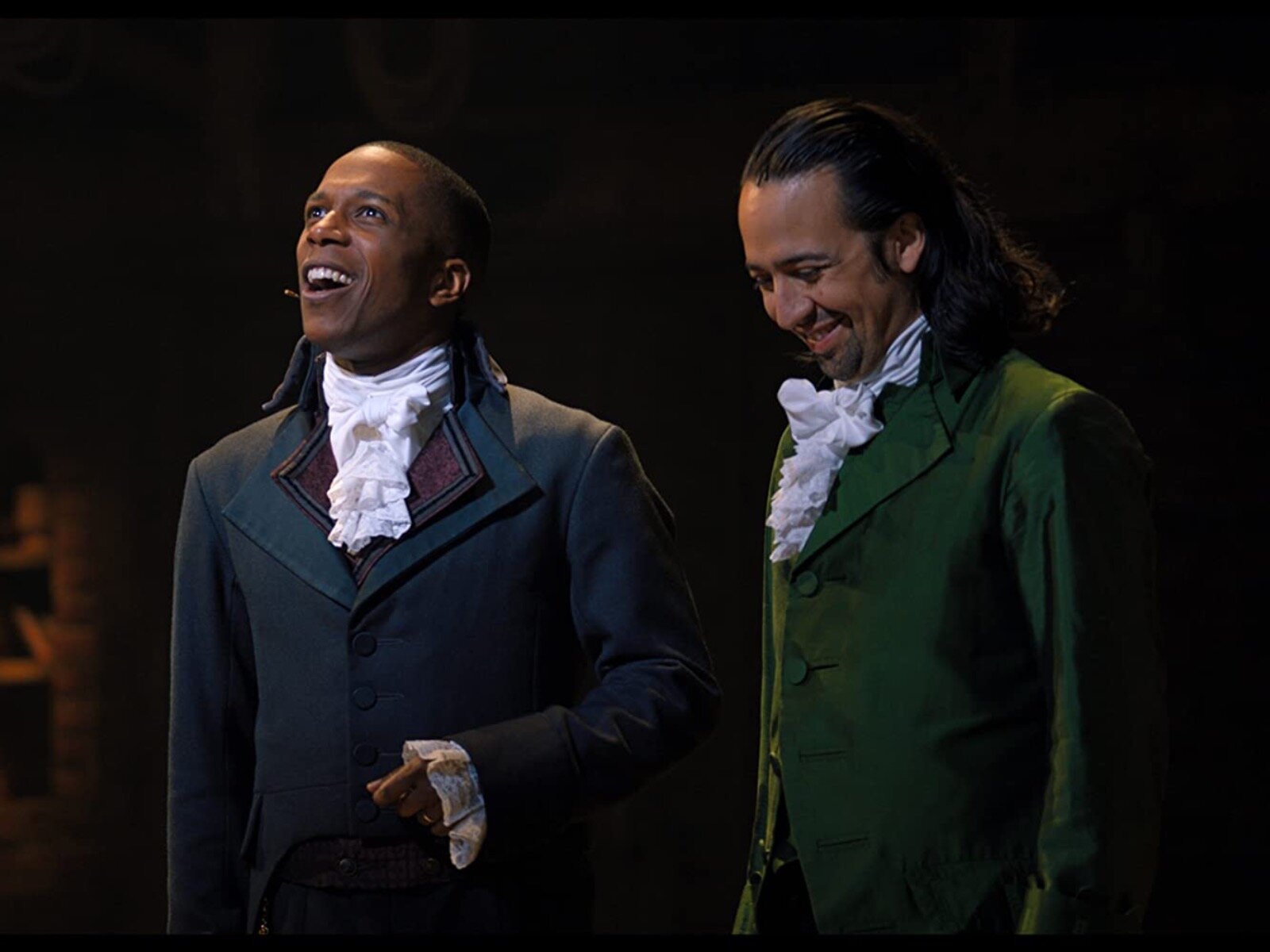Just seven years ago, "Spider-Man 3" singlehandedly tanked Sam Raimi’s franchise – to the tune of a quaint $890 million worldwide. I know; doctor, we clearly need 50 ccs of reboot, stat! – with an excess of villains, misguided comedy, a stumbling tone and the kind of subplot overload that screams studio meddling.
So, with the mistakes of the past franchise still fresh in everyone’s collective memory, here swings in "The Amazing Spider-Man 2" with an excess of villains, misguided comedy, a stumbling tone and the kind of subplot overload that screams studio meddl … oh dear.
The first installment of director Marc Webb’s rebooted Spider-Man series was content to follow almost identically in its predecessor’s footsteps, taking in millions of dollars and handing out even more in cases of déjà vu. Now the desperate wannabe franchise has managed to blindly retrace the footsteps right into the same exact minefield. The faces may be new this time around, but now even the mistakes all are the same. In fact, they’re somehow worse.
Things haven’t exactly gotten easier for Spidey (the returning, effortlessly charming Andrew Garfield) since foiling the Lizard’s attempt to lizard-ize the city in the first film. When a Russian gangster (Paul Giamatti) isn’t blasting through downtown in a truck of stolen plutonium, the webbed warrior must face off against Max Dillon/Electro (Jamie Foxx), a dweeby former admirer who turns into a blue, electricity-fueled menace.
Meanwhile, Peter’s old childhood friend Harry Osborn (Dane DeHaan, who will one day play a normal, well-balanced person, but today is not that day) arrives back in town, taking over Oscorp from his dead father (Chris Cooper, one of several actors – Felicity Jones as well – wasted with just a few scenes). He didn’t just inherit his father’s business, however; he also inherited his fatal genetic disease, one that Harry believes can be cured by the same spiders that created Spider-Man.
When Peter refuses to help and his power-hungry, morally dubious fellow board members kick him out of Oscorp, Harry turns to more villainous methods, ones that turn him into Green Goblin.
Life outside of the costume isn’t much easier for Peter. He’s still trying to figure out why his scientist father (Campbell Scott) and mother abandoned him as a child, and how it ties into his secretive work at Oscorp.
Even his adorably sweet relationship with Gwen Stacy (Emma Stone, every bit Garfield’s charming equal) is complicated by the promise he made to Gwen’s father (Denis Leary) before he died that he would leave her alone for her protection. It’s a promise Peter isn’t particularly dedicated to, although her father’s silent disapproving ghost haunts him just enough to push Peter away.
Forget about the Sinister Six (the franchise’s next stop, not-so-sneakily set up in its final minutes). Spidey’s real nemesis in "The Amazing Spider-Man 2" is a very different and infinitely more destructive villainous tandem: the film’s four screenwriters, Roberto Orci, Alex Kurtzman, Jeff Pinkner and James Vanderbilt.
Judging by the final draft on screen, it’s as though each writer turned in a different draft to Sony, and when the four screenplays fell off an intern’s desk in a disorganized heap, the mess was frantically shuffled together and pitched as one.
The results play like a movie simply made up on the run, clumping scenes together as they go. The characters, themes and motivations seem utterly disconnected save for when the script pushes them together and forward through sheer force of will – narrative, emotions, logic or coherency be damned. It’s just too much, too fast, too rushed.
Spider-Man’s secret past and his father, a subplot that was supposed to be this reboot’s big new selling point, winds up a dead end, delivering a fairly meaningless revelation – other than taking away Peter Parker’s everyman-ness – and only leaves the audience with more questions, and not the of the good variety.
Why does Peter’s dad now have a secret underground lair? Why was the file from the opening sequence really so important? And most importantly, why did we have to have that embarrassingly cheap and ham-handed montage, set to that song from those American Family Insurance ads, of Peter making a needless wall chart of stuff he already knew and useless notecard-worthy emo proclamations like "Do I have to lose you too?" for no reason?
The posse of villains are even more underdeveloped. Electro is a mess of a character, with constantly shifting motivations and no real relevance to the story at large. He’s almost exclusively in the film because it didn’t reach its explosion quota. Green Goblin works only a little bit better, but the script tries to establish, develop and destroy Harry and Peter’s relationship all in a matter of a few scenes – all while also trying to bring together Oscorp’s villainous extracurricular activities.
The Gwen Stacy subplot is lucky it’s acted out by real-life couple Garfield and Stone because it’s just as much of a mess as the rest of "The Amazing Spider-Man 2." The movie only makes Peter feel bad about Gwen’s father when the script feels like it. Instead of focusing on that aspect of their relationship, there’s yet another plotline added about Gwen possibly going to Oxford. It’s a disaster, and once again, instead of developing these issues, each one gets about two scenes, meaning we have moments where Peter talks to Gwen in costume in public a mere ten minutes after saying he has to leave her alone for her safety.
Webb and his editors try to keep up with all of the plotting, but it all becomes a jumble and so does the tone. Moments that are supposed to be Spider-Man at a low, like his separation from Gwen, are instead used for lame comic relief featuring chicken feathers and a fish.
The comedy as a whole seems to be aiming for a Joel Schumacher’s Batman vibe, going over-the-top with lame one-liners, childish gags (one character’s pants are pulled down; tee hee) and ridiculous characters. Foxx plays Max Dillon like he’s to be trying to out-dork Jerry Lewis’s Nutty Professor, and the less said about Paul Giamatti’s overly animated performance, the better. The same could be said for the psychotic Dr. Kafka, performed like Gene Wilder in "Young Frankenstein" but with less sanity.
All of this in the same movie where a major character tragically dies. The tonal conflict is rough, and since the movie is in a perpetual state of movement, the character’s death is mourned for a total of about five minutes. It feels meaningless, seemingly only added after the film’s first climax to pay service to the comic book fans (and how sad is it that a character’s death is fan service).
Even the score is a victim of the franchise’s desperate need for clutter, teaming up not one, not two but six musicians – including Hans Zimmer, Pharrell Williams and Johnny Marr – for the soundtrack. It shouldn’t come as a surprise that it’s just as much of a mess as the rest of the film, especially "The Electro Suite" – an overwhelming mix of dubstep, whispering voices and over-the-top whimsical oboes that only underline the character’s dweebiness, unnecessary with Foxx’s embarrassingly cartoonish performance.
Eventually, after multiple climactic battles and leaving just enough loose threads for universe expansion, the movie finally comes to a close, ending with Spidey flying toward his umpteenth villain with a manhole cover, deflecting exploding missiles before finally slinging his sewer cover into the camera. And man, if you had to capture "The Amazing Spider-Man 2" in a screengrab, that would be it. It’s big, it’s bright, it’s busy and it ends with the audience feeling like they just got bombarded.
Yes, the movie is watchable. When Spider-Man is in action, he looks great. The sequences where the hero is swinging through New York, battling criminals big and small and surveying the city around him are a thrilling rush. Webb’s action is never particularly memorable, but his overall visual look is crisp and boldly colorful. It looks like the comic book come to life – even down to Spider-Man’s in-costume posture and physical mannerisms.
Garfield and Stone are still remarkably charming together on screen, so much so that it makes a poorly written, bi-polar version of the now-typical on-and-off superhero relationship story actually enjoyable. The movie never drags either, though it couldn’t even think about slowing down considering it has a new subplot to exhaustingly touch upon every five minutes.
Even with all of the storytelling chaos, what’s missing from "The Amazing Spider-Man 2" hurts more than what’s in excess. There’s room in the world for two good Spider-Man series – even this needlessly close together. But Raimi’s films, even its overstuffed third chapter, had a sincerity to them. In this new franchise, that heart has been replaced by sterile corporate product-churning.
The train sequence from "Spider-Man 2," for instance, is pretty hokey when you describe it out loud. In action, however, it’s one of the most moving moments in the genre. When "The Amazing Spider-Man 2" tries to pull a similar emotional gambit near the end with a young child, not only is it silly and cloying, but it feels fake, a moment trying to pose as human.
The fact of the matter is that Sony only gets to keep the rights to Spider-Man – and more importantly, keep them away from Marvel Studios – as long as they continue to make movies with the character. So after "Spider-Man 3" left the studio with aged-out actors and a disappointed fanbase, this hasty idea was the best one Sony had to keep their golden goose. Sony didn’t make this reboot for you, the viewer; they made this movie for themselves out of corporate need.
Yes, that does sound really cynical, but "The Amazing Spider-Man 2" does nothing to dispel that feeling. In fact, the messy, haphazardly assembled results on screen only encourage it.
As much as it is a gigantic cliché to say that one has always had a passion for film, Matt Mueller has always had a passion for film. Whether it was bringing in the latest movie reviews for his first grade show-and-tell or writing film reviews for the St. Norbert College Times as a high school student, Matt is way too obsessed with movies for his own good.
When he's not writing about the latest blockbuster or talking much too glowingly about "Piranha 3D," Matt can probably be found watching literally any sport (minus cricket) or working at - get this - a local movie theater. Or watching a movie. Yeah, he's probably watching a movie.







